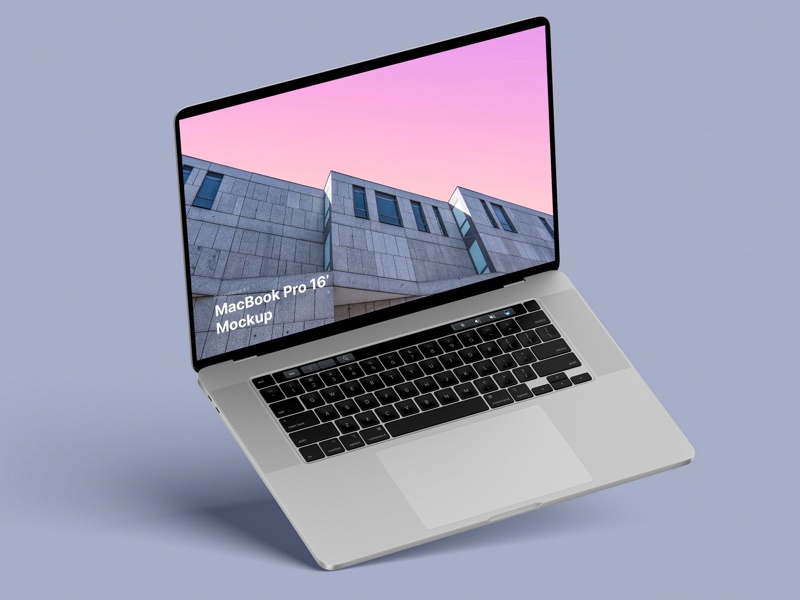Hecate wrote:
Thank you for clearing that up. The impression I had from your previous post was as stated.
It is nice to learn that I have managed to express myself with greater clarity.
One question: how do you propose people protect their intellectual copyright and at the same time get paid?
I suppose what mean to you ask is this:
"How can people or companies working with their mind to produce digital material get paid without protecting their intellectual property in a way that limits what users can do with, for example, computer software?"
That is a crucial question indeed.
One thing we all can agree on: Without compensation, no production can take place. S/he who works has him/herself and quite possibly a family to feed. Nothing is actually free. Those making something as a profession must be able to make a living from their work.
Then the next question is whether this necessitates control mechanisms and "protective" measures that put severe restrictions on our access to digital works and on what we can do with them, and/or on the tools we need to access and work with that information.
Are there other ways to do business? Does computer software have to be developed by large corporations that need high revenue to maintain their organization? Might it be that there are other ways to organize this? Can the Open Source be a viable alternative?
And: Might it be that the present system, where software is increasingly controlled in a way that puts serious constraints on our use of what we have paid for, must be changed?
Might it be that a business model where the tools we need to work with our data have so many strings attached to them that we cannot have unlimited "quiet enjoyment" to these tools now and in the future cannot be tolerated, because independent computing and user control over the tools needed by the user is a prerequisite to data safety now and in the future?
It is our data. Why should anyone else have the right to control the tools we need to create and manipulate them?
If the question is posed that way, we may go further and ask:
"How can income to intellectual workers be secured without that extent of straitjacketing and dysfunctional control of individual computing?"
It may be that this is the question we really need to ask, unless we really want to pay subscriptions in order to do things that we could before do at no additional cost as long as we had acquired a typewriter or a pencil. Of course, things are immensely more complicated those days, but the need to be able to work and to have our necessary tools permanently available for unrestricted use whenever we want is not less than before. On the contrary; a more complex reality with more hi-tech material requiring similar hi-tech tools means that the need for individual control is much greater today.
I have written an article about this theme here, with no claim to final answers:
http://www.efn.no/free-desktop.html The way it has been, the software companies have been allowed to get away with their customer-unfriendly schemes. Until now, that is. People are beginning to react when they are not even denied the possibility to install and use the programs without "permission" from the manufacturer.
I still think that you’re being way too optimistic over the likely public reaction. The only people with real clout are companies, not individuals and, like Microsoft, I doubt very much if Adobe will be stupid enough to inflict their version of copy protection on companies. If they do, then they really will be in trouble.
I see, and I do absolutely not contest what you say. Still, the software industry (the closed, proprietary part of it) may be in for a major surprise when their customers are driven far enough. Another factor is the existence of "corporate" versions of software. These will be leaked out and copied. That may lead the software businesses to finally introduce repressive measures towards these in order to slose that channel.
But the real dark horse is Open Sourced GPL software. Filmgimp and GIMP are not up there with Photoshop yet, but if GIMP can be given more sophisticated sharpness filters and support for 16-bit color much would have been done. CMYK capability is also needed, of course.
Per Inge Oestmoen, Norway

